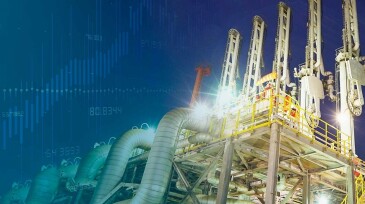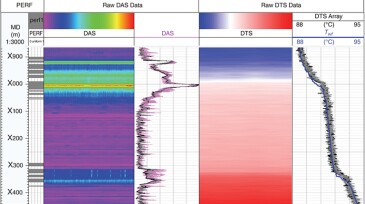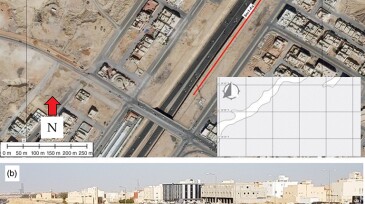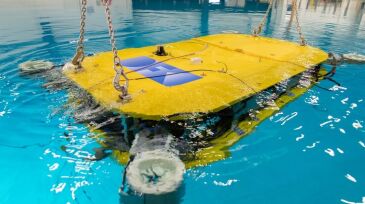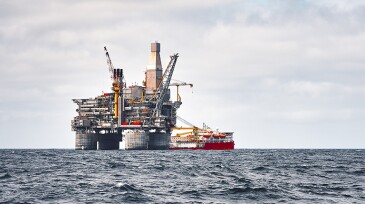AI/machine learning
Reaching further than dashboards and data lakes, the agentic oil field envisions artificial intelligence systems that reason, act, and optimize.
This paper introduces an agentic artificial-intelligence framework designed for offshore production surveillance and intervention.
In the past year, publications on CO2, natural gas, and hydrogen storage have increasingly focused on the design, evaluation, and optimization of storage plans. These efforts encompass a broad spectrum of challenges and innovations, including the expansion of storage reservoirs from depleted gas fields and saline aquifers to stratified carbonate formations and heavy-o…
-
C3 AI reported that the oil major has hit the milestone of 10,000 pieces of equipment being monitored by its predictive-maintenance artificial intelligence.
-
This paper describes a novel machine-learning approach for processing distributed fiber-optic sensing data that enables dynamic flow-profile monitoring using a fiber-optic electric-line cable deployed in a gas condensate well.
-
The authors describe an integrated multiscale data methodology involving machine-leaning tools applied to the Late Jurassic Upper Jubaila formation outcrop data.
-
In this work, a methodology to detect interference from long-term pressure and flow-rate data is developed using multiresolution analysis in combination with machine-learning algorithms.
-
Ultimately, the company formerly known as Facebook wants the AI Research SuperCluster system to help it develop artificial intelligence to power the metaverse.
-
A two-armed autonomous underwater vehicle has been launched for complex inspection and maintenance tasks, embedded in a powerful IT infrastructure that enables both intuitive control and monitoring of the system and effective information flow with the plant operator.
-
Applications include identifying new green catalysts to enable the conversion of waste products to useful matter, green hydrogen generation, CO2 utilization, and the development of fuel cells. Novel catalysts also could be used to replace expensive and rare materials such as iridium, the metal used to generate green hydrogen and CO2 reduction products.
-
This selection of papers will familiarize facilities engineers with a variety of topics so they are more prepared for what 2022 may bring.
-
The authors present a review of the capabilities of fog computing and its potential in the petroleum industry.
-
The machine-learning techniques applied aim to deliver a prediction model based on both simulation and real-time field data. The model tracks and monitors system key performance indicators.




